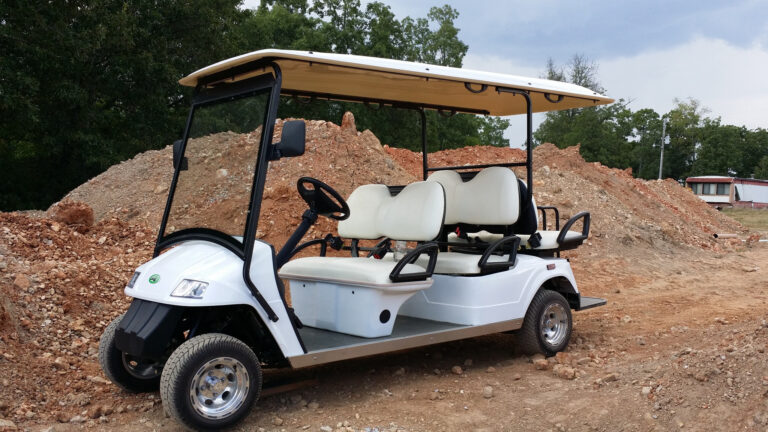Commercial kitchens are spaces designed specifically for the preparation and cooking of food for mass consumption. They’re an integral part of restaurants, cafes, hotels, and caterers alike. To guarantee safe preparation at high standards in a commercial kitchen, it must be equipped with the correct tools and appliances.
- Design and Layout
A commercial kitchen’s design and layout are essential factors in its functionality and efficiency. A well-planned industrial kitchen should have a logical flow for efficient food preparation and ample room for food storage, preparation, cooking, and cleaning – all while meeting health & safety regulations with adequate ventilation, lighting, fire extinguishers, and emergency exits within easy reach.
- Equipment and Appliances
Commercial kitchens need a variety of equipment and appliances to support food preparation. Some essential items include refrigeration units, ovens, stoves, grills, fryers, and dishwashers that are commercial-grade for busy kitchens. Furthermore, these appliances should be easy to clean and maintain while meeting relevant health and safety regulations.

III. Food Storage
Proper food storage is essential in commercial kitchens to preserve the freshness and quality of ingredients. Kitchens should have enough refrigeration units, such as walk-in coolers or freezers, to store ingredients and finished goods securely. Dry goods like grains, flour, and spices should be stored in airtight containers to prevent contamination. Furthermore, labels must be applied consistently across stock to ensure that older items are used first.
- Health and Safety Regulations
In a commercial kitchen, the safety of customers and staff is of the utmost concern. To ensure this safety, kitchen staff must abide by relevant health and safety regulations such as proper food handling, storage, and sanitation practices. All employees should receive training on food safety practices and be reminded of their responsibilities regularly; additionally, the kitchen should undergo regular inspections to guarantee it meets essential health standards.
- Regular Maintenance and Cleaning
Regular maintenance and cleaning are essential to keep a commercial kitchen running efficiently and safely. All equipment and appliances should be regularly serviced, with any necessary repairs carried out promptly. Moreover, the kitchen should also be thoroughly cleaned daily, paying special attention to high-touch areas like countertops, cutting boards, and utensils.
Other types of commercial kitchens exist, such as food service distribution centers where raw ingredients are mixed with finished goods to form products ready for shipping. Commissaries or corporate dining facilities also serve large quantities of food prepared on-site at these large operations.
Many people mistakenly assume that commercial kitchens are only necessary for businesses making their own food products. In reality, any business – from a small deli to an entire restaurant chain – requires one. The kitchen serves as the hub of any operation as this is where all food preparation and preparation takes place before being sold to customers. The size and price of commercial kitchens can range dramatically, but many start off by renting one and upgrading as needed.
Conclusion:
A commercial kitchen is an integral part of any food service establishment and requires meticulous planning and attention to detail to operate efficiently and safely. When setting up a commercial kitchen, factors like design and layout, equipment/appliances, food storage regulations, health & safety regulations, as well as maintenance & cleaning must all be taken into consideration. By following these guidelines, food service establishments can guarantee their kitchen is equipped to meet customer demands while producing safe, high-quality food for their patrons.












